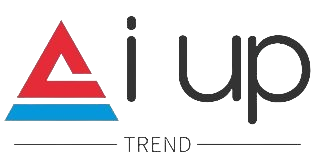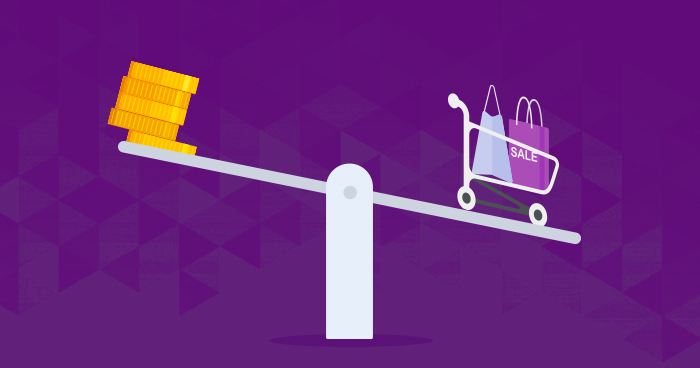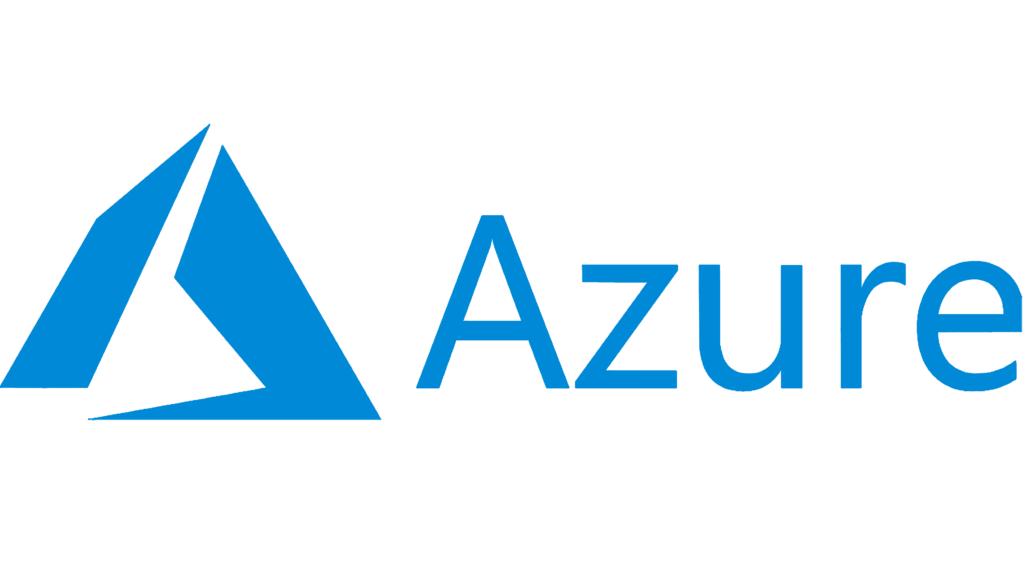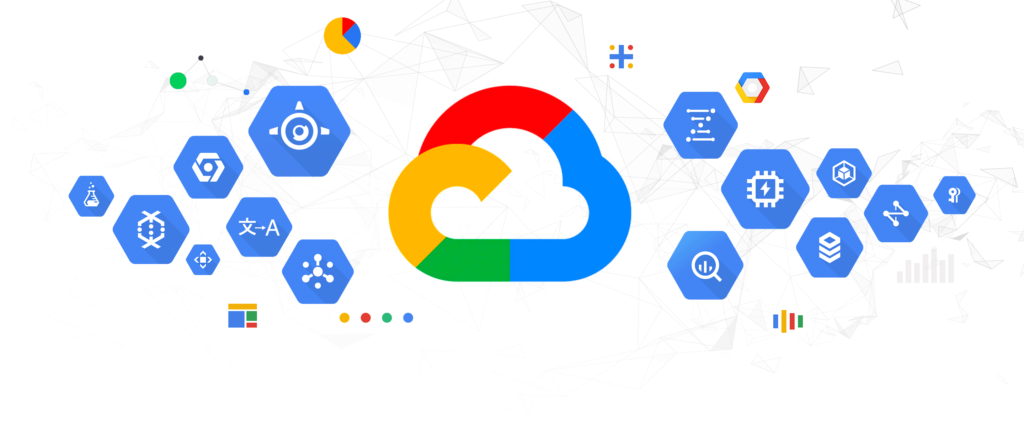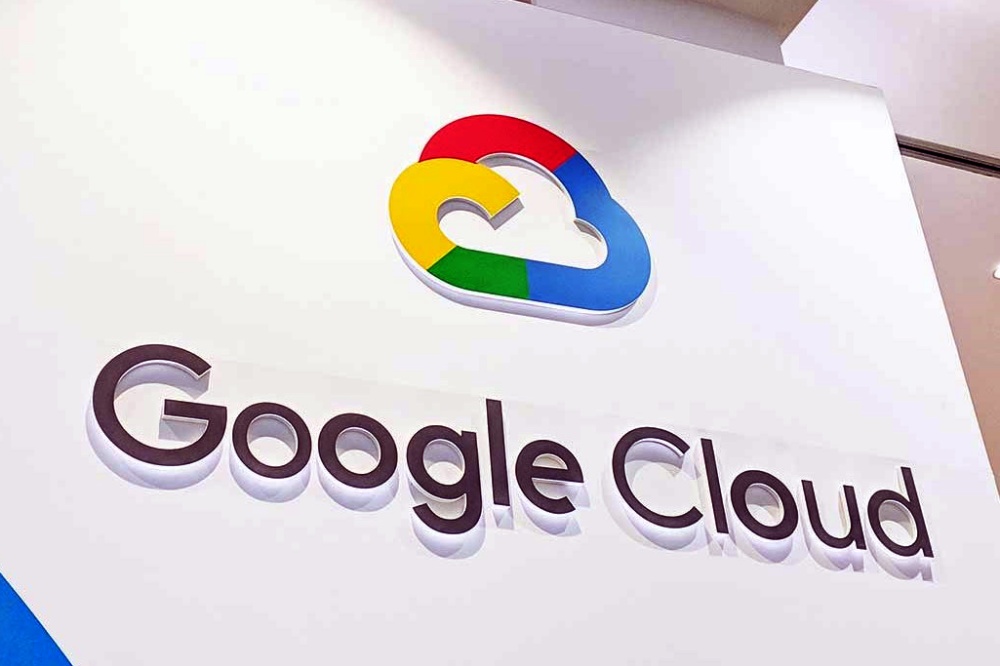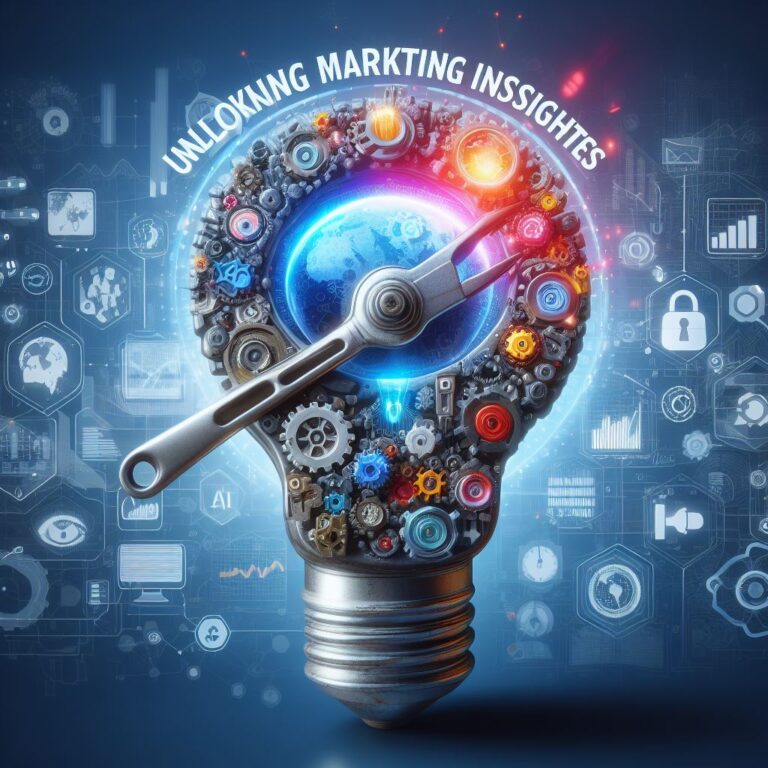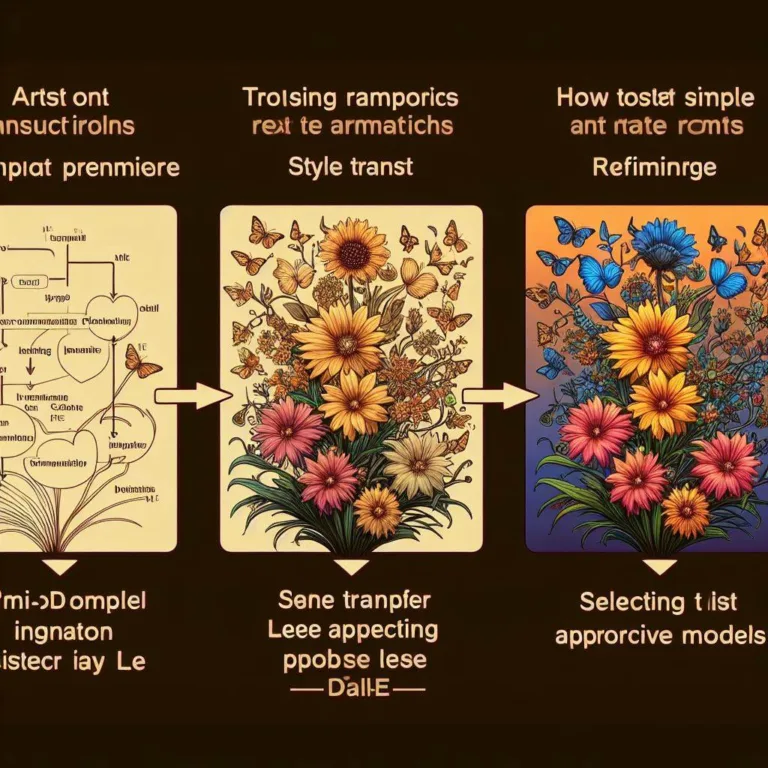In the dynamic realm of ultramodern technology, the term” pall computing” has become ubiquitous, shaping the geography of businesses across diligence. Among the leading players in this arena are Microsoft Azure and Google Cloud Platform( GCP), each offering a plethora of services acclimatized to meet the different requirements of associations worldwide. In this comprehensive disquisition, we claw into the intricate world of pall computing, anatomizing the features, functionalities, and nuances of Azure and GCP. Through this relative analysis, we aim to unravel the mystifications girding these two elephants of the pall, slipping light on their separate strengths and complications. Join us on this trip as we navigate the azure skies and cut the extensive midairs of Google’s pall, uncovering the myriad possibilities that await in the realm of pall computing
Pricing and Cost Structure
When it comes to choosing between Microsoft Azure and Google Cloud Platform( GCP), one of the critical factors to consider is the pricing and cost structure. Let’s claw into how both platforms approach pricing to help you make an informed decision.
Microsoft Azure
Azure offers a flexible pricing model designed to feed a wide range of druggies, from startups to enterprise-position associations. Azure’s pricing is grounded on a pay-as-you-go model, allowing druggies to pay only for the coffers and services they use, with no outspoken costs or termination freights. also, Azure provides colorful pricing options, including pay-per-nanosecond billing for virtual machines and abatements for reticent cases and cold-blooded use.
Azure’s pricing calculator enables druggies to estimate their yearly costs grounded on their specific operation patterns and conditions. While Azure’s pricing can be competitive, it’s essential to precisely cover operations and optimize resource allocation to avoid unanticipated charges.
Google Cloud Platform( GCP)
also, the Google Cloud Platform offers a pay-as-you-go pricing model with no outspoken costs or termination freights. GCP’s pricing is transparent and predictable, with abatements available for sustained operation and committed use contracts.
GCP’s pricing calculator allows druggies to estimate costs for different services and configurations, helping them understand the eventuality charges associated with their pall structure. GCP also offers pricing plans acclimatized to specific use cases, similar to flexible pricing for cipher cases and volume abatements for storehouse and networking.
crucial Differences
While both Azure and GCP offer competitive pricing and flexible payment options, there are some crucial differences to consider. Azure may be more seductive for druggies formerly invested in the Microsoft ecosystem, with abatements available for mongrel use and intertwined support for Microsoft products and services. On the other hand, GCP may appeal to druggies seeking simplicity and translucency in pricing, with no retired freights and straightforward billing.
Eventually, the choice between Microsoft Azure and Google Cloud Platform depends on your specific conditions, budget, and preferences. By precisely assessing the pricing and cost structure of both platforms, you can select the option that offers the most stylish value for your business requirements.
In conclusion, when comparing Azure and GCP, it’s essential to consider not only the outspoken costs but also the long-term counteraccusations of pricing and cost structure. By understanding the pricing models and estimating implicit charges, you can make a well-informed decision that aligns with your budget and objectives.
Range of Services and Features
Microsoft Azure
Google Cloud Platform( GCP)
Crucial Differences
When comparing Microsoft Azure and Google Cloud Platform( GCP), assessing the performance and trustability of each platform is pivotal. Let’s explore how Azure and GCP measure over in terms of performance and trustability to help you make an informed decision.
Microsoft Azure
Azure boasts a robust structure designed to deliver high performance and trustability for a wide range of workloads. With data centers located in regions worldwide, Azure offers low- quiescence connectivity and high vacuity for druggies across the globe. Azure’s global network backbone ensures presto and dependable access to all services, enabling businesses to deliver responsive and scalable operations to their guests.
Azure’s Service position Agreements( SLAs) guarantee uptime and trustability for core services similar to virtual machines, storehouses, and networking. also, Azure provides a range of performance optimization tools and services, including Azure Monitor and Azure Advisor, to help druggies cover and optimize their pall coffers for optimal performance and trustability.
Google Cloud Platform( GCP)
also, the Google Cloud Platform is famed for its high-performance structure and trustability. With a global network of data centers connected by Google’s private fiber optical network, GCP offers low- quiescence connectivity and high vacuity for druggies worldwide. GCP’s advanced networking capabilities, including Google’s edge hiding and cargo balancing technologies, ensure presto and dependable access to all services.
GCP’s SLAs guarantee uptime and trustability for core services, with commitments to vacuity and performance for cipher cases, storehouses, and networking. also, GCP provides a range of performance monitoring and optimization tools, similar to Google Cloud Monitoring and Google Cloud Profiler, to help druggies identify and address performance backups in their operations.
crucial Differences
Both Azure and GCP offer high-performance structure and trustability, backed by SLAs and a range of performance optimization tools. still, there are some crucial differences to consider. Azure may be preferable for druggies seeking flawless integration with Microsoft’s ecosystem and enterprise-grade trustability, while GCP may appeal to druggies looking for innovative technologies and a strong focus on performance and scalability.
In conclusion, when assessing performance and trustability, it’s essential to consider factors similar to uptime SLAs, network structure, and performance optimization tools offered by both Azure and GCP. By understanding the capabilities and commitments of each platform, you can choose the option that stylishly meets your performance and trustability conditions for your pall workloads.
Scalability and Flexibility
Scalability and inflexibility are essential considerations when choosing a pall calculating platform like Microsoft Azure or Google Cloud Platform( GCP). Let’s claw into how Azure and GCP address these aspects to meet the evolving requirements of businesses.
Microsoft Azure
Azure offers robust scalability options, allowing businesses to gauge their structure up or down grounded on demand. With Azure’s bus-scaling point, druggies can automatically acclimate coffers similar to virtual machines, databases, and storehouses to handle shifting workloads effectively. Azure also provides flexible deployment options, including virtual machines, holders, and serverless computing, giving druggies the inflexibility to choose the right approach for their operations.
also, Azure’s global presence ensures scalability across regions, enabling businesses to reach guests worldwide with low- quiescence connectivity and high vacuity. Azure’s integration with Microsoft’s ecosystem, including Windows Garçon and SQL Garçon, provides flawless scalability for druggies formerly invested in Microsoft technologies.
Google Cloud Platform( GCP)
also, the Google Cloud Platform offers expansive scalability options to meet the requirements of ultramodern operations. GCP’s bus-scaling capabilities enable druggies to stoutly acclimate cipher coffers like virtual machines and holders to match demand, icing optimal performance and cost-effectiveness. GCP’s managed services, similar to Google Kubernetes Engine( GKE) and Google Cloud Functions, give a scalable structure for planting and managing containerized and serverless workloads.
GCP’s global network structure, gauging multiple regions and vacuity zones, ensures scalability and high vacuity for druggies worldwide. GCP’s emphasis on open-source technologies and interoperability enables businesses to work with a wide range of tools and fabrics to make scalable and flexible operations.
crucial Differences
Both Azure and GCP offer scalable and flexible structures, but there are differences in their approach and immolations. Azure may be preferable for druggies seeking flawless integration with Microsoft’s ecosystem and enterprise-grade scalability results. In discrepancy, GCP may appeal to druggies looking for innovative technologies and a strong focus on scalability and open norms.
In conclusion, scalability and inflexibility are critical factors to consider when choosing between Azure and GCP. By assessing each platform’s scalability options, deployment models, and integration capabilities, businesses can elect the option that stylishly aligns with their scalability and inflexibility conditions for their pall operations.
Integration and Compatibility
In the realm of pall computing, flawless integration, and comity are consummate. Let’s look into how Microsoft Azure and Google Cloud Platform( GCP) chow in terms of integrating with being systems and supporting a wide range of technologies.
Microsoft Azure
Azure prides itself on its robust integration capabilities, seamlessly connecting with a plethora of Microsoft products and services. As a part of the Microsoft ecosystem, Azure offers deep integration with popular tools like Microsoft Office 365, Dynamics 365, and Windows Garçon. This tight integration allows businesses to work their investments and extend their structure to the pall painlessly.
also, Azure supports a wide range of programming languages, fabrics, and operating systems, icing comity with different development surroundings. Whether you are working with. NET, Java, Python, orNode.js, and Azure provide the tools and coffers to streamline your development workflow and emplace operations with ease.
Google Cloud Platform( GCP)
also, the Google Cloud Platform offers expansive integration capabilities, enabling flawless interoperability with Google’s suite of products and services. GCP integrates seamlessly with popular tools like Gmail, Google Drive, and Google Workspace, empowering businesses to work in Google’s ecosystem for enhanced collaboration and productivity.
likewise, GCP supports a different array of programming languages, fabrics, and platforms, icing comity with a wide range of development surroundings. Whether you are erecting operations with Java, Go, PHP, or Ruby, GCP provides the inflexibility and support demanded to bring your ideas to life.
crucial Differences
While both Azure and GCP exceed in integration and comity, there are some crucial differences to consider. Azure’s deep integration with Microsoft’s ecosystem may be profitable for businesses heavily invested in Microsoft technologies, offering a flawless transition to the pall. On the other hand, GCP’s comity with Google’s ecosystem may appeal to druggies seeking innovative results and a fresh approach to pall computing.
In conclusion, when assessing integration and comity, it’s essential to consider factors such as structure, preferred development tools, and long-term strategic pretensions. By understanding the integration capabilities and comity of both Azure and GCP, you can choose the platform that stylishly aligns with your business requirements and objects.
Security and Compliance
Icing robust security measures and nonsupervisory compliance is consummate when entrusting sensitive data to all platforms. Let’s claw into how Microsoft Azure and Google Cloud Platform( GCP) address security and compliance enterprises to guard stoner data and meet assiduity regulations.
Microsoft Azure
Azure prioritizes security and compliance, offering a comprehensive suite of tools and features to cover data and alleviate cybersecurity pitfalls. With erected- in security controls similar to Azure Security Center and Azure Sentinel, Azure provides real-time trouble discovery and incident response capabilities to help druggies identify and remediate security vulnerabilities proactively.
also, Azure adheres to a wide range of assiduity-specific compliance norms, including GDPR, HIPAA, SOC 2, and ISO 27001, ensuring that guests can meet their nonsupervisory scores when storing and recycling sensitive data in the pall. Azure also offers expansive compliance attestation and inspection reports to support guests’ compliance sweats and give translucency into its security practices.
Google Cloud Platform( GCP)
also, the Google Cloud Platform emphasizes security and compliance, using advanced technologies and stylish practices to cover stoner data and maintain nonsupervisory compliance. GCP’s security immolations, including Google Cloud Identity and Access Management( IAM) and Cloud Security Command Center, enable druggies to manage access controls and cover security configurations across their pall surroundings effectively.
GCP also adheres to a wide range of compliance norms, including GDPR, HIPAA, SOC 2, and ISO 27001, enabling guests to emplace workloads in a biddable manner and meet their nonsupervisory conditions. Google provides detailed compliance attestation and third-party inspection reports to demonstrate its commitment to security and compliance and help guests navigate complex nonsupervisory geographies.
crucial Differences
While both Azure and GCP prioritize security and compliance, there are some crucial differences to consider. Azure’s integration with Microsoft’s ecosystem may give added assurance to guests formerly using Microsoft products and services, easing flawless identity operation and access controls. On the other hand, GCP’s innovative security technologies and robust compliance immolations may appeal to druggies seeking slice-edge results and strong nonsupervisory support.
In conclusion, when assessing security and compliance, it’s essential to consider factors similar to nonsupervisory conditions, assiduity norms, and the specific security features and compliance instruments offered by each pall platform. By understanding the security and compliance capabilities of both Azure and GCP, businesses can make informed opinions to cover their data and alleviate cybersecurity pitfalls effectively.
Support and Documentation
Navigating the complications of pall computing requires robust support and comprehensive attestation. Let’s explore how Microsoft Azure and Google Cloud Platform( GCP) approach support and attestation to help druggies in planting and managing their pall surroundings effectively.
Microsoft Azure
Azure provides expansive support options acclimatized to meet the different requirements of its druggies. From tone-service coffers like attestation, tutorials, and forums to individualized support plans with guaranteed response times and devoted specialized support, Azure offers a range of support options to suit different budgets and conditions.
Azure’s attestation is thorough and well-organized, covering a wide range of motifs and use cases. Whether you are a neophyte stoner exploring Azure for the first time or an educated inventor looking to optimize your pall structure, Azure’s attestation provides clear explanations, step-by-step attendants, and stylish practices to help you get the most out of the platform.
Google Cloud Platform( GCP)
also, the Google Cloud Platform offers robust support options and comprehensive attestation to help druggies in using its pall services effectively. GCP’s support immolations include tone-service coffers like attestation, tutorials, and community forums, as well as ultra-expensive support plans with 24/7 specialized support, guaranteed response times, and devoted account operation.
GCP’s attestation is expansive and stoner-friendly, covering a wide range of motifs and scripts. Whether you are planting virtual machines, configuring networking, or erecting machine literacy models, GCP’s attestation provides detailed instructions, law samples, and troubleshooting tips to guide you through the process.
crucial Differences
While both Azure and GCP offer comprehensive support and attestation, there are some crucial differences to consider. Azure’s integration with Microsoft’s ecosystem may give added convenience for druggies formerly familiar with Microsoft products and services, offering flawless access to support coffers and attestation within familiar interfaces.
On the other hand, GCP’s emphasis on open-source technologies and inventor-friendly tools may appeal to druggies seeking innovative results and community-driven support. GCP’s attestation is known for its clarity and depth, making it easy for druggies to find answers to their questions and troubleshoot issues singly.
In conclusion, when assessing support and attestation, it’s essential to consider factors similar to responsiveness, availability, and the depth of content handed by each pall platform. By using the support options and attestation available from Azure and GCP, druggies can overcome challenges, optimize their pall deployments, and achieve their business objectives effectively.
Customer Satisfaction and Reviews
Understanding Client satisfaction and reviews can give precious perceptivity into the real-world gests of druggies with Microsoft Azure and Google Cloud Platform( GCP). Let’s explore how guests perceive these platforms and what factors contribute to their satisfaction.
Microsoft Azure
Azure has garnered a strong character for its trustability, performance, and expansive range of services. numerous guests praise Azure for its flawless integration with Microsoft products and services, which simplifies the deployment and operation of pall coffers for businesses formerly using Microsoft technologies.
also, Azure’s scalability and inflexibility are frequently cited as crucial strengths, allowing businesses to acclimatize their pall structure to changing demands snappily. guests appreciate Azure’s robust security features and compliance instruments, which inseminate confidence in the platform’s capability to cover their data and meet nonsupervisory conditions.
still, some druggies have reported challenges with Azure’s pricing structure, noting that it can be complex to understand and prognosticate costs directly. also, client support gests vary, with some druggies encountering detainments in response times or difficulty resolving specialized issues.
Google Cloud Platform( GCP)
also, the Google Cloud Platform has been praised for its performance, invention, and inventor-friendly approach. guests recommend GCP for its slice-edge technologies, similar to BigQuery and TensorFlow, which enable businesses to work with advanced analytics and machine literacy capabilities.
GCP’s simplicity and ease of use are frequently stressed by druggies, particularly inventors who appreciate the platform’s clean interfaces and intuitive workflows. also, GCP’s transparent pricing and billing practices are lauded for furnishing clarity and pungency, helping druggies manage costs effectively.
still, some guests have expressed enterprises about GCP’s client support, citing difficulties in reaching knowledgeable support representatives or entering timely backing. also, druggies have reported occasional service outages or performance issues, although these incidents are fairly rare.
crucial Differences
While both Azure and GCP have pious client bases and positive reviews, there are some crucial differences in client satisfaction. Azure’s integration with Microsoft’s ecosystem may appeal to businesses formerly invested in Microsoft technologies, offering familiarity and interoperability. In discrepancy, GCP’s focus on invention and inventor-centric approach may attract druggies seeking slice-edge results and dexterity.
In conclusion, client satisfaction and reviews give precious perceptivity to the strengths and sins of Microsoft Azure and Google Cloud Platform. By considering real-world gests and feedback from druggies, businesses can make informed opinions when opting for the pall platform that stylishly aligns with their requirements and objects.
Case Studies and Success Stories
Examining case studies and success stories can offer precious perceptivity into how Microsoft Azure and Google Cloud Platform( GCP) have helped businesses achieve their pretensions and overcome challenges. Let’s explore some exemplifications of successful executions on both platforms.
Microsoft Azure
Azure boasts an expansive collection of case studies showcasing how businesses across diligence have abused its pall services to drive invention and growth. For illustration, BMW Group employed Azure’s scalable structure and AI capabilities to develop a pall-grounded platform for independent driving exploration and development. By using Azure’s important cipher coffers and machine literacy algorithms, BMW accelerated the development of independent vehicles and better safety on the road.
Another illustration is Maersk, a global shipping company that migrated its heritage operations to Azure to contemporize its IT structure and enhance functional effectiveness. By using Azure’s cold-blooded pall results and containerization technologies, Maersk bettered dexterity, reduced costs, and gained real-time visibility into its force chain operations.
Google Cloud Platform( GCP)
also, the Google Cloud Platform has a wealth of success stories demonstrating how businesses have converted their operations and achieved significant results. For case, Spotify, the popular music streaming service, relies on GCP’s scalable structure and data analytics tools to deliver substantiated music recommendations to millions of druggies worldwide. By using GCP’s machine literacy capabilities and BigQuery data storehouse, Spotify enhances stoner engagement and drives profit growth.
Another illustration is Niantic, the inventor of the stoked reality game Pokémon GO, which relies on GCP’s global network and serverless computing to support millions of concurrent players. By using GCP’s scalable structure and managed services, Niantic delivers a flawless gaming experience and handles massive harpoons in business during special events.
crucial Differences
Both Azure and GCP have an emotional array of case studies and success stories showcasing their capabilities and impact on businesses. Azure’s strong integration with Microsoft’s ecosystem may appeal to enterprises formerly using Microsoft technologies, while GCP’s innovative results and inventor-friendly approach may attract startups and digital natives seeking dexterity and scalability.
conclusion
In conclusion, the comparison between Microsoft Azure and Google Cloud Platform( GCP) reveals two redoubtable pall calculating results, each with its strengths and advantages. Throughout this composition, we’ve examined colorful aspects similar to pricing, range of services, performance, scalability, integration, security, support, client satisfaction, and case studies.
Microsoft Azure stands out for its flawless integration with the Microsoft ecosystem, expansive range of services, and enterprise-grade trustability. Businesses formerly invested in Microsoft technologies may find Azure to be a natural choice, with deep integration and familiarity.
On the other hand, the Google Cloud Platform shines with its innovative technologies, inventor-friendly approach, and emphasis on data analytics and machine literacy. Startups and digital natives seeking dexterity, scalability, and slice-edge results may find GCP to be a seductive option.
When it comes to pricing, both Azure and GCP offer competitive pricing models with pay-as-you-go options and abatements for sustained operation. Performance and trustability are consummate considerations, with both platforms offering robust structure and SLAs to ensure uptime and responsiveness.
Integration and comity are essential for flawless workflow unity, and both Azure and GCP exceed in supporting a wide range of programming languages, fabrics, and platforms. Security and compliance are top precedences for businesses entrusting their data to the pall, and both Azure and GCP cleave to strict security norms and compliance instruments.
also, support, attestation, and client satisfaction play pivotal places in the overall stoner experience. Azure and GCP give expansive support options, comprehensive attestation, and positive client reviews, empowering druggies to maximize their pall investments and achieve their business objectives.
In summary, whether you choose Microsoft Azure or Google Cloud Platform depends on your specific conditions, preferences, and strategic pretensions. By precisely assessing the factors bandied in this composition and considering your unique business requirements, you can select the pall platform that stylishly aligns with your objects and unlocks the full eventuality of pall computing for your association.
AI Resources and Insights
- AI Art Generator on Canva: Explore how to create art with AI on Canva.
- NVIDIA Startups: Discover opportunities for startups with NVIDIA.
- Konverge AI: Learn how Konverge AI can transform your business.
- Heygen Pricing: Check out Heygen’s pricing for AI solutions.
- DataCentric AI: Explore the latest AI trends on DataCentric AI.
- Google Cloud Conversational AI: Discover Google Cloud’s conversational AI solutions.
- Amazon Web Services (AWS): Explore Amazon Web Services’ AI services.
- Marketing AI Institute: Learn more about AI-powered marketing at the Marketing AI Institute.
- Harvard Business Review – AI Marketing Strategy: Read about designing an AI marketing strategy on Harvard Business Review.
- SAS – AI Marketing Future: Discover what the future holds for AI marketing on SAS.
- Sprout Social AI Marketing Tools: Explore AI marketing tools from Sprout Social.
- Pixlr Image Generator: Create unique images with Pixlr’s image generator.
- Creative Writing Prompts on AI UpTrend: Explore creative writing prompts powered by AI on AI UpTrend.
- AI Trends on AI UpTrend: Discover the latest AI trends on AI UpTrend.
- AI Insights on AI UpTrend: Explore the latest advancements in AI on AI UpTrend.
- AI Tools on AI UpTrend: Discover a variety of AI tools on AI UpTrend.
- AI Tutorials on AI UpTrend: Explore AI tutorials to deepen your knowledge on AI UpTrend.
